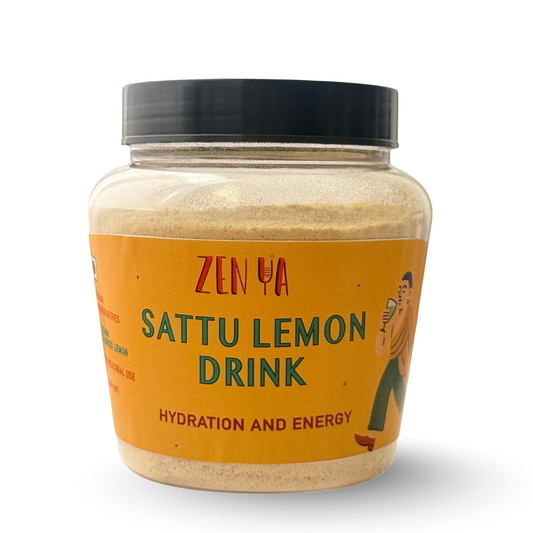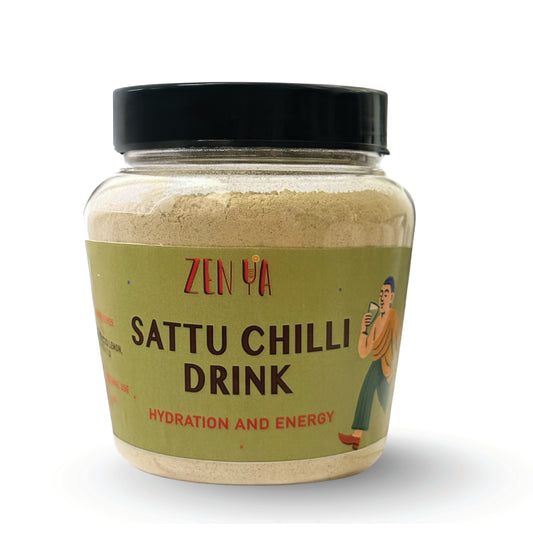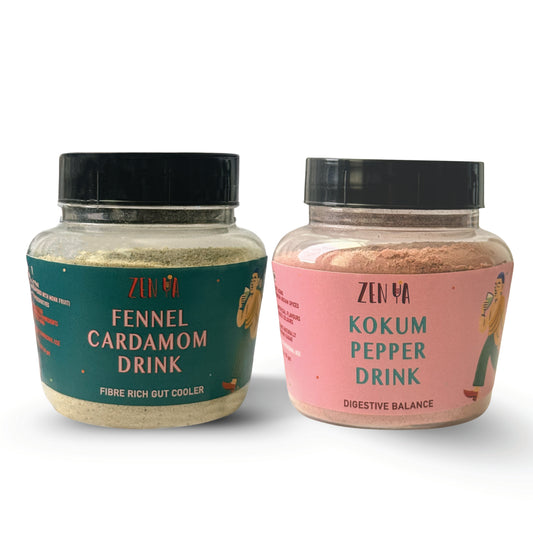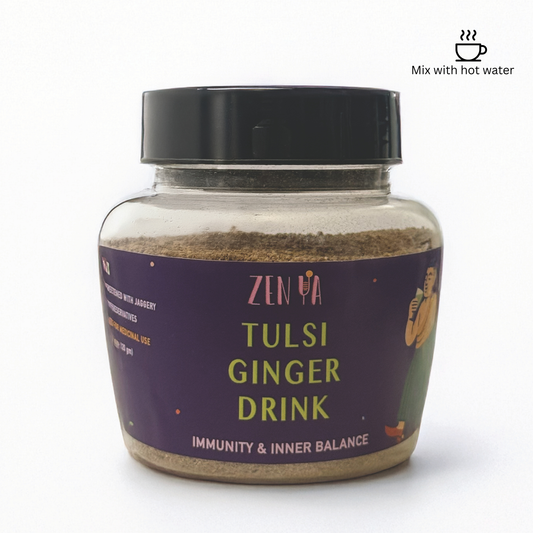
Can You Rely on Thirst to Tell When You’re Dehydrated?
Share
You’re busy, it’s hot, you haven’t had a sip of water in hours -
and then it hits you: that dry mouth, that thirst.
Time to drink water, right?
Yes… but here’s the catch:
If you’re already feeling thirsty, you might already be mildly dehydrated.
Let’s dive into why waiting for thirst isn’t the best hydration strategy — and what smarter sipping looks like instead.
How Thirst Works in Your Body
Thirst is triggered when:
- Blood volume drops
- Blood becomes more concentrated (higher salt concentration)
- Fluid levels in cells fall below a threshold
Sensors in your body send a message to your brain’s hypothalamus, saying:
“Hey, drink something!”
Sounds efficient, right?
Mostly - but not perfectly.
The Problem with Relying on Thirst
Here’s the truth:
Thirst is a late signal.
By the time you feel thirsty, you’ve typically lost 1–2% of your body’s water.
Mild dehydration already impacts your body at that point:
- Decreased cognitive performance
- Lower mood
- Early fatigue
- Headaches
- Dry skin and lips
In hot, humid conditions — like Indian summers — you sweat more and lose fluids faster, but thirst might not kick in early enough.
Older adults and kids are even worse at registering thirst.
By the time thirst appears, dehydration may already be affecting them more severely.
Signs You Might Be Dehydrated (Before You Feel Thirsty)
Look for early, subtle cues like:
- Feeling tired or sluggish
- Difficulty focusing
- Irritability or low mood
- Mild headaches
- Dry lips or mouth
- Dizziness when standing up
- Dark yellow urine (pale straw colour is ideal)
What Studies Say About Thirst as a Hydration Cue
Scientific research shows:
- Mild dehydration (1–2%) can impair memory, attention, and mood - even before you feel thirsty.
- Athletes, outdoor workers, and people exposed to heat often underestimate their hydration needs if they wait for thirst.
In short:
If thirst is your only guide, you’re reacting late.
What Ayurveda Says About Hydration & Thirst
Ayurveda emphasises preventive hydration, not reactive hydration.
Key Ayurvedic insights:
- Sip small amounts of water throughout the day — not all at once
- Prefer room temperature or warm water to avoid shocking digestion
- Don’t wait for intense thirst to tell you when to drink — maintain fluid balance proactively
- Listen to subtle body signals, not just mouth dryness
Smart Hydration Habits to Stay Ahead of Dehydration

- Start your day with a glass of water (optionally with lemon, cumin, or black salt)
- Sip water regularly — aim for a few sips every 30–45 minutes
- Hydrate with foods like cucumber, watermelon, oranges, and mint
- Replace minerals on hot days or after sweating with electrolyte-balancing drinks
- Listen to your body early — energy dips and irritability often mean you’re behind on fluids
Truth or Trend?
Trend: You can wait until you’re thirsty to drink
Truth: Thirst is a late warning sign — hydrate proactively, especially in heat
Takeaway: Don’t wait for dryness. Sip smart, stay steady.
FAQ: Thirst & Hydration
Is feeling thirsty a bad thing?
Answer:
Not at all — it’s a natural protective signal! But ideally, you should drink enough through the day to stay ahead of intense thirst.
How much water should I aim for daily?
Answer:
General guidance: 8–10 glasses minimum for adults. Increase if you’re active, outdoors, or sweating heavily.
Focus more on consistent sipping than hitting a magic number.
Can you drink too much water?
Answer:
Yes — it’s called overhydration or hyponatremia, but it’s rare if you’re just sipping normally. Balance water intake with natural electrolytes, especially in summer.
Are thirst and dehydration linked 100% of the time?
Answer:
No. You can be mildly dehydrated before strong thirst kicks in — and thirst sensitivity declines with age.
Should I drink more if I’m feeling tired in summer?
Answer:
Absolutely. Fatigue, low energy, and mood swings in hot weather are often early signs of dehydration.
Final Word
Thirst is your body’s smart backup plan — but it’s not your best hydration strategy.
In summer especially, staying ahead of dehydration means:
- Sipping regularly
- Supporting minerals and electrolytes
- Listening to subtle signals, not just waiting for thirst alarms
- Your body’s best when it’s balanced — not begging for a drink.




